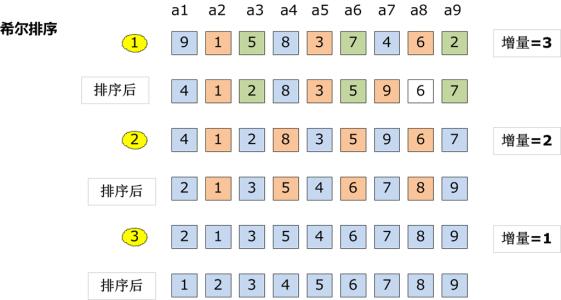Ranking is at the core of Information Retrieval. Classic ranking optimization studies often treat ranking as a sorting problem with the assumption that the best performance of ranking would be achieved if we rank items according to their individual utility. Accordingly, considerable ranking metrics have been developed and learning-to-rank algorithms that have been designed to optimize these simple performance metrics have been widely used in modern IR systems. As applications evolve, however, people's need for information retrieval have shifted from simply retrieving relevant documents to more advanced information services that satisfy their complex working and entertainment needs. Thus, more complicated and user-centric objectives such as user satisfaction and engagement have been adopted to evaluate modern IR systems today. Those objectives, unfortunately, are difficult to be optimized under existing learning-to-rank frameworks as they are subject to great variance and complicated structures that cannot be explicitly explained or formulated with math equations like those simple performance metrics. This leads to the following research question -- how to optimize result ranking for complex ranking metrics without knowing their internal structures? To address this question, we conduct formal analysis on the limitation of existing ranking optimization techniques and describe three research tasks in \textit{Metric-agnostic Ranking Optimization}. Through the discussion of potential solutions to these tasks, we hope to encourage more people to look into the problem of ranking optimization in complex search and recommendation scenarios.
翻译:排名是信息检索的核心。传统的排名优化研究通常将排名视为一种排序问题,并假设如果我们根据每个项目的效用进行排序,则可以达到最佳的排名表现。因此,制定了大量排名度量标准,并设计了学习排名算法,以优化这些简单的性能度量标准,在现代信息检索系统中被广泛使用。然而,随着应用的不断发展,人们对信息检索的需求已从简单的检索相关文档转向满足复杂的工作和娱乐需求的更先进的信息服务。因此,更复杂的且以用户为中心的目标(如用户满意度和参与度)已被采用来评估当今现代信息检索系统。这些目标很难在现有的学习排名框架下进行优化,因为它们受到巨大的方差和复杂结构的影响,无法像那些简单的性能度量标准那样明确地解释或公式化。这导致了下面的研究问题-如何在不知道内部结构的情况下,优化基于复杂排名度量标准的结果排名?为了解决这个问题,我们对现有排名优化技术的局限性进行了正式分析,并描述了关于度量无关排名优化的三个研究任务。通过讨论这些任务的潜在解决方案,我们希望鼓励更多的人研究复杂搜索和推荐场景中的排名优化问题。



